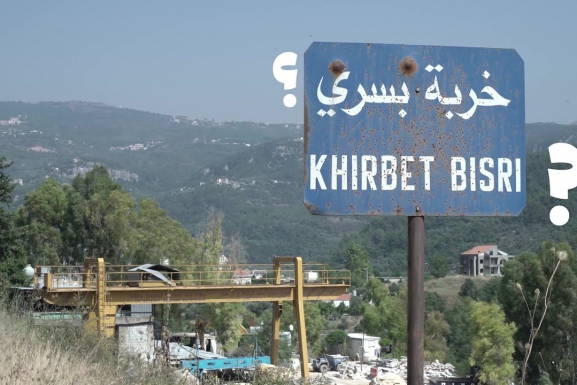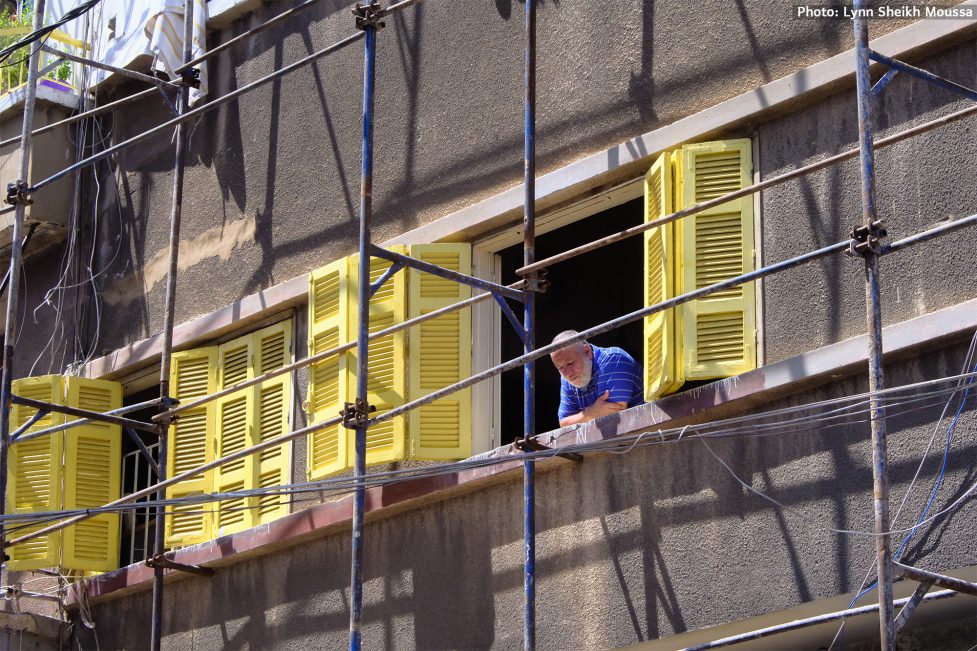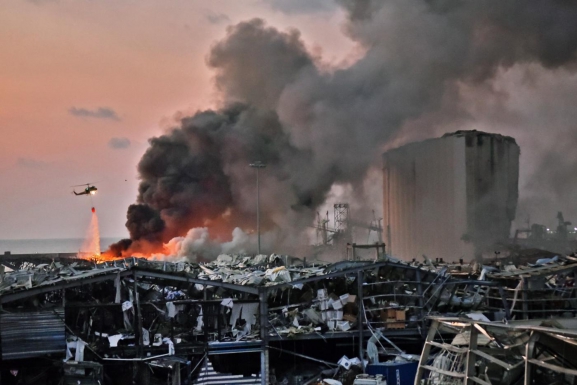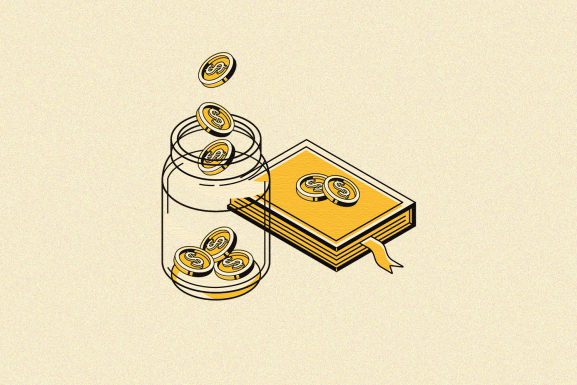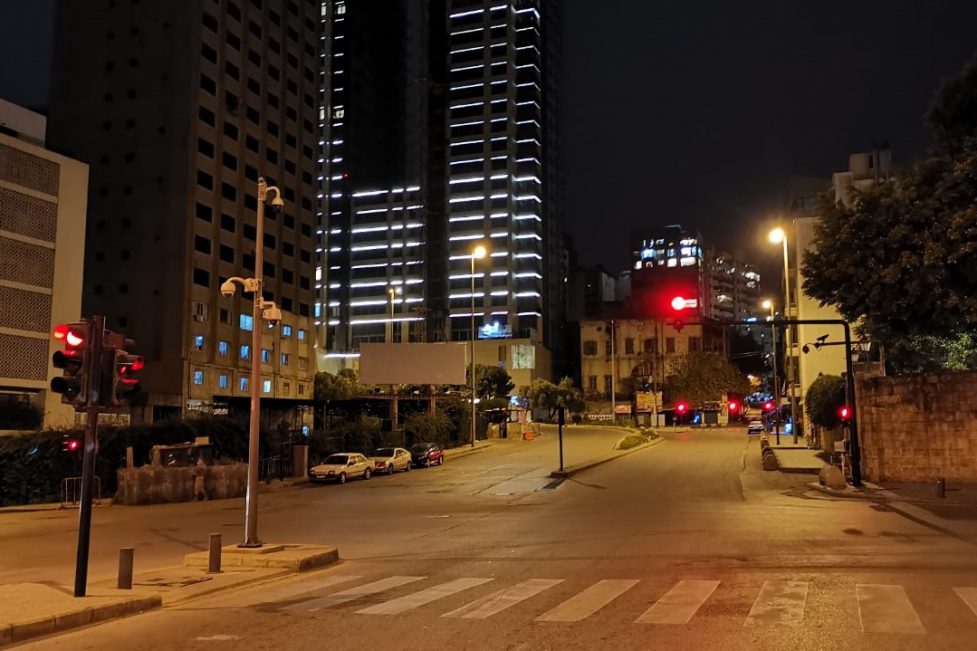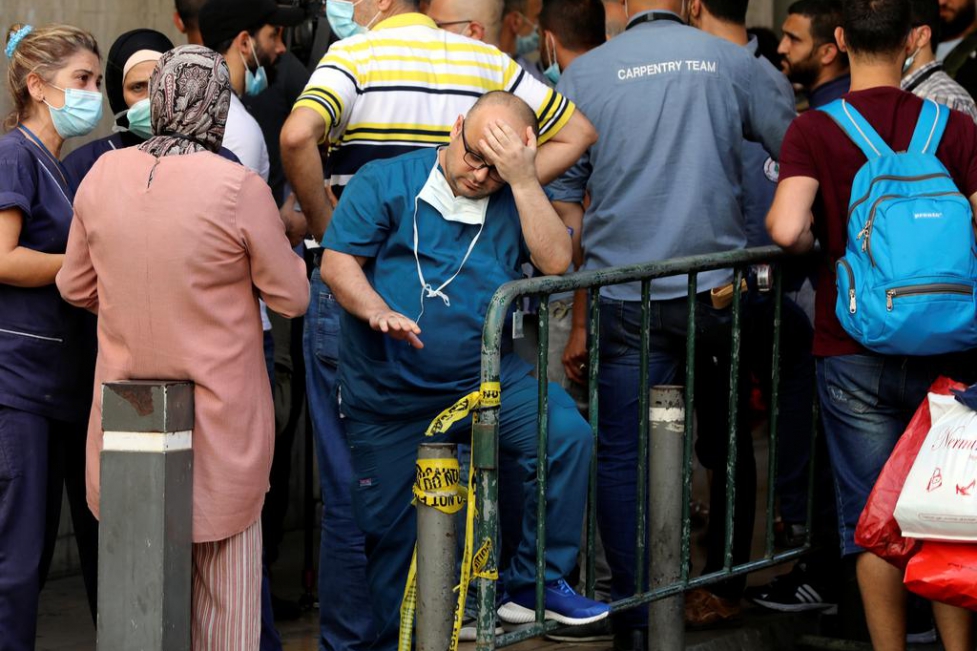The new normal takes a foothold with a reality that requires careful analysis of capacity and prioritization of remote workloads.
Lebanon’s financial crisis takes its latest form as a dangerous shortage of pharmaceuticals, medicines, and medical supplies.
Many perished while stranded at sea for days without water, food, or fuel to keep their overcrowded boats going.
More than half of the people in Lebanon are on the verge of facing a possible food crisis after the Beirut blast.
At midnight, the World Bank’s September 4 deadline for the Lebanese government to meet “the tasks that are preconditions to...
Syrian refugees are increasingly reporting being refused aid on the basis of nationality, despite being heavily affected by the Beirut blast.
What does the destruction of Beirut Port, Lebanon's main importing facility, mean for food security and the already-crashing economy?
Between increasingly inaccessible private institutions and a defunct private “public” university, students are told to either emigrate or endure.
The Lebanese Cabinet approved the extension of general mobilization regulations until August 30, following a recommendation from the Higher Defense Council and a spike in COVID-19 cases over the past few weeks. Minister of Health Hamad Hasan announced yesterday that Lebanon will re-enter a partial lockdown on July 30 where...
Metropolis, home to local film festivals and independent movie screenings, announced its indefinite closure in January due to financial difficulties.
With compounding financial problems plaguing the health care sector amidst the country’s ongoing political and economic crisis, the American University of Beirut Medical Center (AUBMC) laid off between 800 and 850 of its staff members. Tensions and emotions ran high as hundreds of employees, including 150 nurses, were terminated without...






